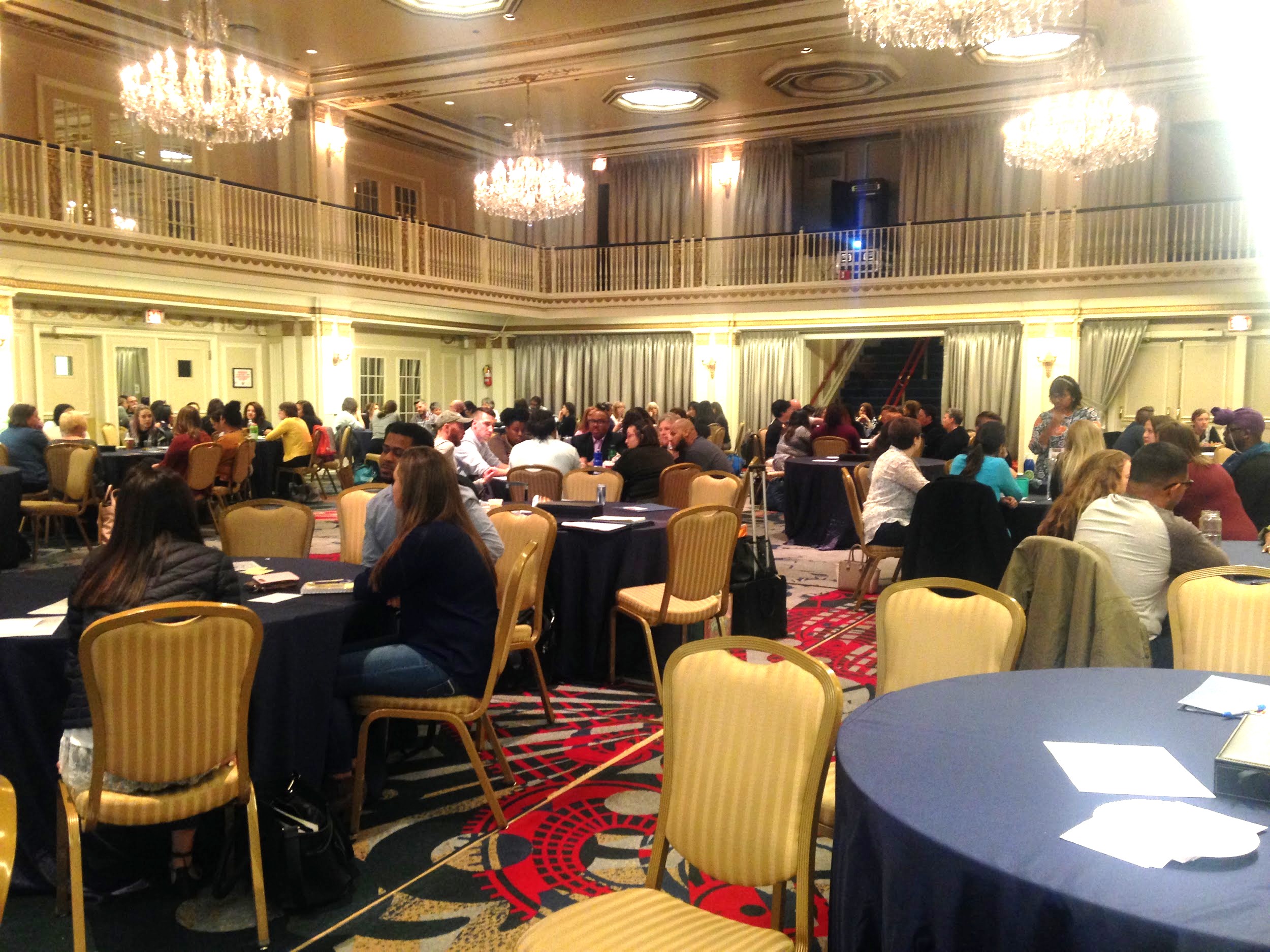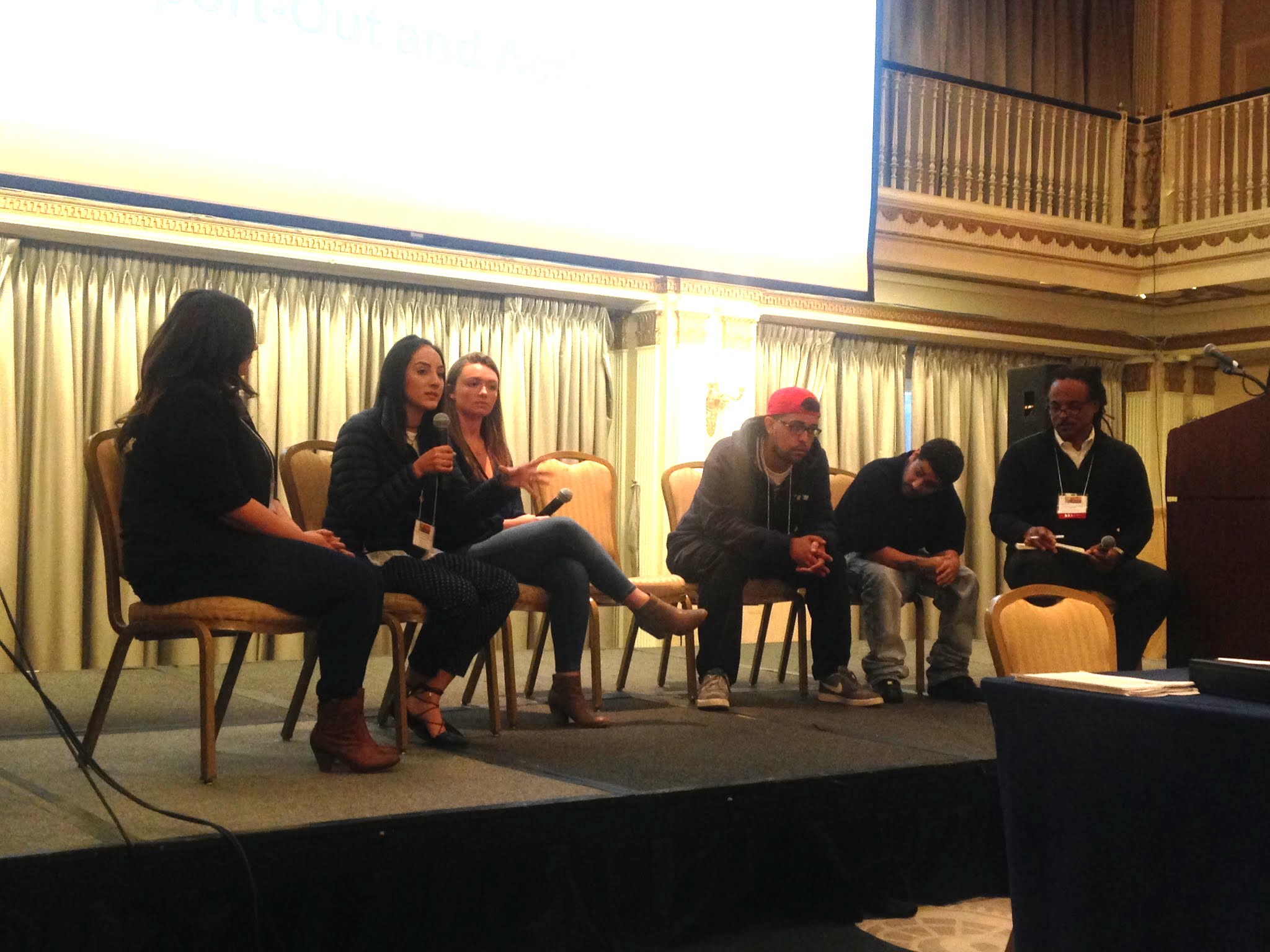Learnings from this year’s CY Spring Institute
ALSO, Break the Cycle, and Men Can Stop Rape, in partnership with the Office on Violence Against Women, held a two-day institute, Building a Framework for Success, in Chicago, Illinois.
Who attended this meeting?
- Attendees were organizations and programs, located around the country, that provide services to children and youth who are exposed to and/or experiencing violence. There were also programs in attendance whose projects focus on teaching men and boys to rethink traditional maleness and work alongside women and girls to end gender-based violence.
What lessons were learned at the institute?
- Organizations need to provide services that are developed by the communities they serve
- Let young people make mistakes
- Organizations and programs should be sensitive to trauma as individuals deal, as well as heal, with their trauma in different ways
- Individuals want to be viewed as their whole self, not as categories
- Service providers need to be more self-aware of their own trauma and biases in order to best serve victims, survivors, and witnesses of violence
- Young people want adults to “catch up” and respect their ideas and creativity in the gender-based violence movement
- Taking care of oneself is especially important for those providing services to victims and survivors of violence
 Image Description: Service providers sitting and talking to each other at tables at the Building a Framework for Success institute.
Image Description: Service providers sitting and talking to each other at tables at the Building a Framework for Success institute.
 Image Description: Youth participants sitting on stage sharing their suggestions and plan of action for the direction of the gender-based violence movement.
Image Description: Youth participants sitting on stage sharing their suggestions and plan of action for the direction of the gender-based violence movement.
Why should I care about this work?
- Gender-based violence and trauma are not individual problems - they are community issues and part of the public health crisis that is significantly affecting our young girls and women, especially young girls and women of color. In the United States, we lose on average between four and seven children every day to child abuse and neglect (Childhelp, 2017). Additionally, one in three adolescents in the United States is a victim of physical, sexual, emotional or verbal abuse from a dating partner (National Domestic Violence Hotline, 2016). Given these alarming statistics, you might know a child or young person who is experiencing violence.
- Experiencing or being exposed to violence as a child or youth can have long-lasting negative effects on one’s mental, physical, emotional, and sexual well-being, particularly without support or intervention. Children who experience trauma are also at a higher risk for future victimization and/or perpetration of violence. Many adult perpetrators of violence were child victims who did not receive care or resources when the abuse was occurring.
- It is important to intervene early in the cycle of abuse and provide support to these children and youth to stop the perpetuation of violence. Being aware of the way in which trauma shapes brain development, life outlook, perception, and coping is critical in understanding this work.
How can I get involved?
- Contact Consolidated Youth Technical Assistance to find an organization near you!
What if I or someone I know is experiencing violence?
- No one deserves to be abused or witness abuse. There is nothing that you have done that justifies violence against you or someone that you care about. Contact ALSO, to be connected to free, confidential resources throughout the United States and territories.

